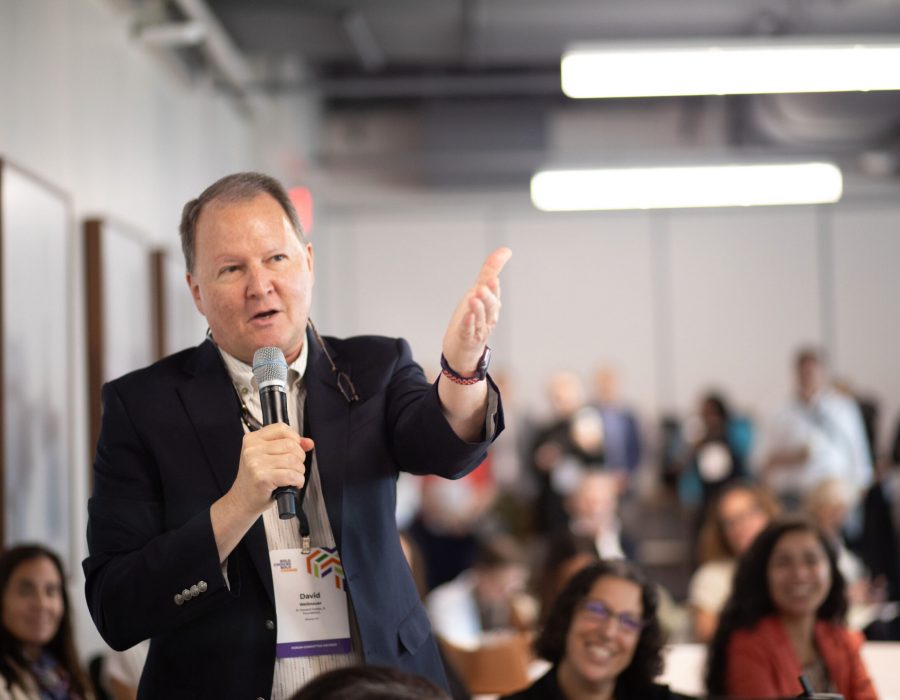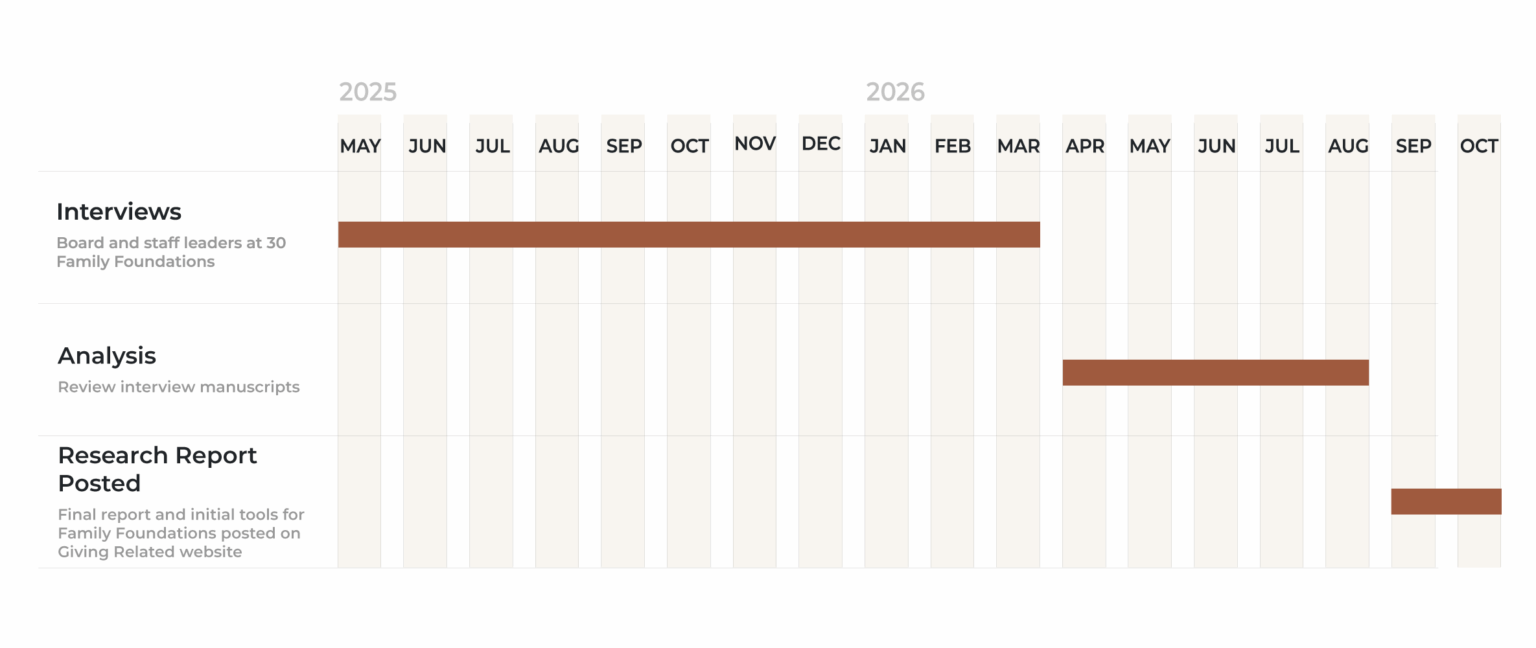Giving Related digs into the question of how families develop useful governance habits to engage one another, enhance their stewardship, and improve the quality of their experience.
A board’s governance habits – practices they repeat over and over – can foster something family ties cannot: the ability for family members to become a functional working group in the service of giving.
As a working group, family members can forge productive relationships in the service of mission. The experience of joining with others on behalf of the greater good is the secret sauce of effective, joyful family philanthropy.

“My research goal is to bring a respectful, compassionate focus on the people involved in giving: family members and anyone they invite to join them. It assumes the best about family while respecting inherent vulnerabilities. It empathizes with the challenges that come with family dynamics and the difficulties trustees share with humans everywhere who seek to collaborate on something larger than themselves.”

Identify and document governance habits that have proven helpful to family foundations in varied circumstances and contexts.
Create a suite of tools that any family foundation can customize for their own use.
Help philanthropic families liberate themselves from governance habits that are not working.
Open a pathway for families to develop governance habits to suit their unique context.
This research is based on four underlying beliefs:
Good governance habits foster a culture of respectful, constructive board engagement. Trustees feel encouraged to share the fullness of their perspectives, listen as others do the same, and connect as a productive working group around the values-driven work of philanthropy. They have guardrails to minimize distractions that arise from family dynamics or external influences. As a result, they can work more collaboratively and effectively on what matters most – serving community through their philanthropy.
There is no single “right” set of governance habits. Every family is different, and they should adopt governance habits that are authentic and relevant. At their most basic level, governance habits help families identify what unites them as a board and define expectations for behavior. Beyond that, family boards can experiment and refine habits that best reflect their context and serve their philanthropic objectives.
Each family foundation board is a human enterprise, powered by families that are aging and changing every day. Therefore, each family foundation board – the individuals who are part of it and the group they form – naturally evolves and develops over time. Even during periods of continuity, the nature of the group’s engagement in philanthropic work can vary. That means governance habits should change to serve the evolving circumstances and needs of the group.
When families identify and practice habits that embody care and compassion and foster empathy among foundation board members, the working group will function more effectively and will likely extend that same care, compassion and empathy to the communities they serve and the partners with whom they work. All in the name of good stewardship.
Core research for this project includes in-depth interviews with trustees and senior staff from 30 family foundations of various types and sizes. Additional information will come from other families who choose to get involved through this website. The project will conclude fall 2025.

